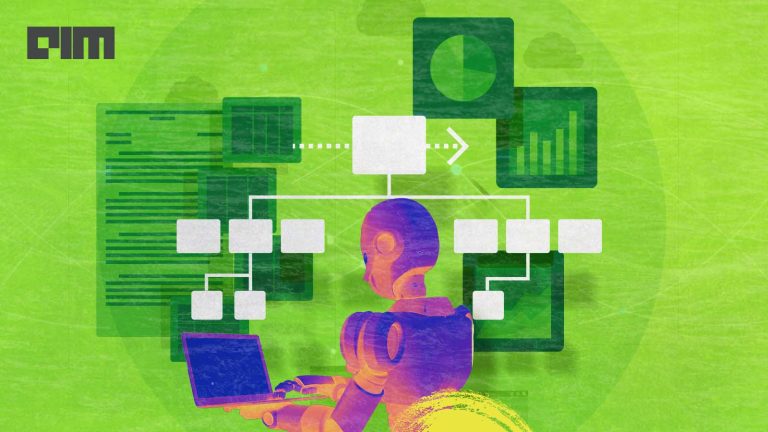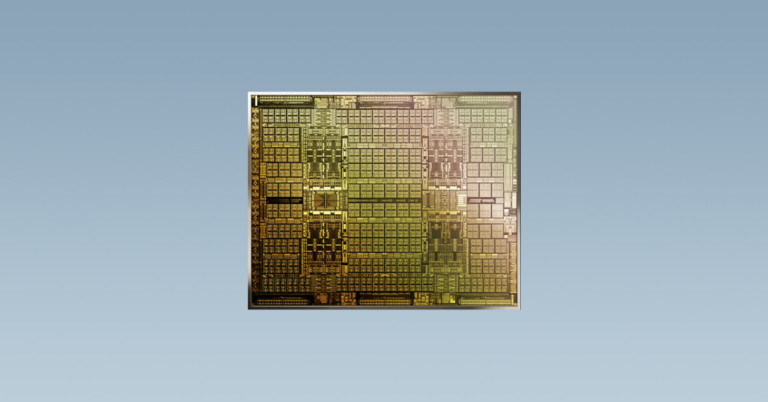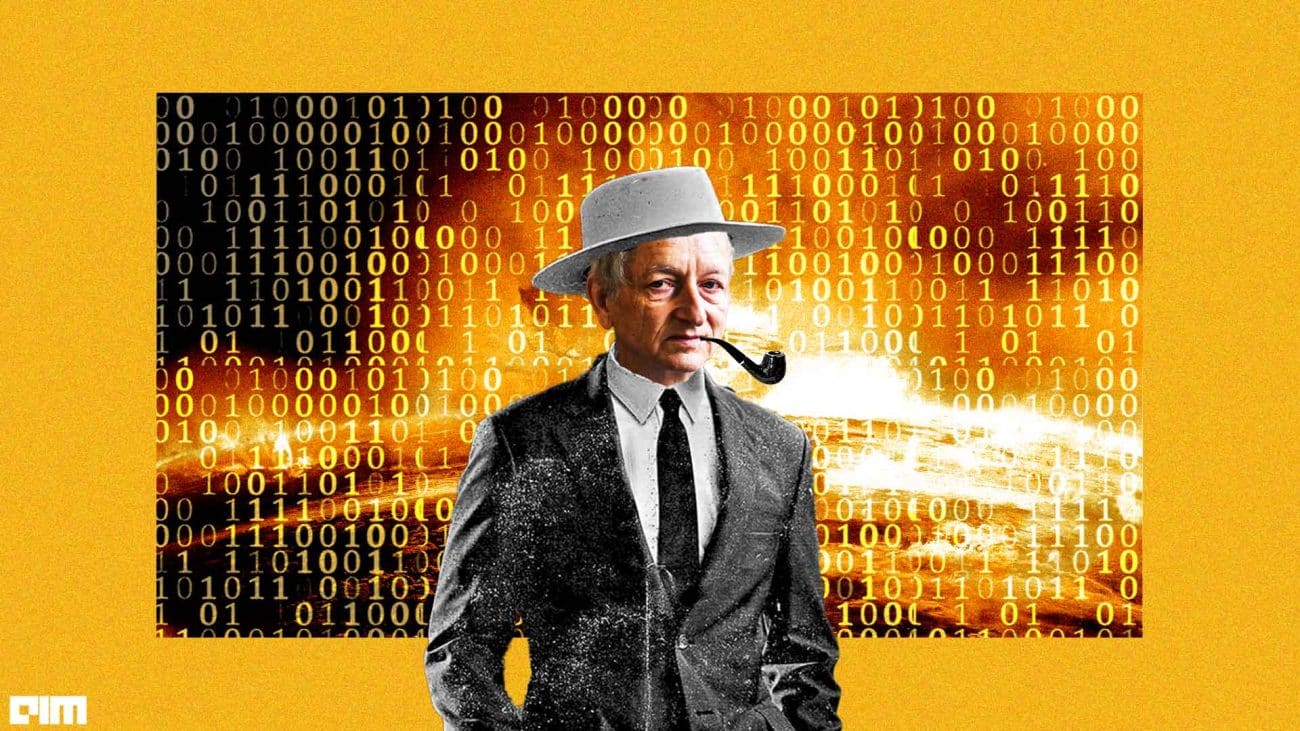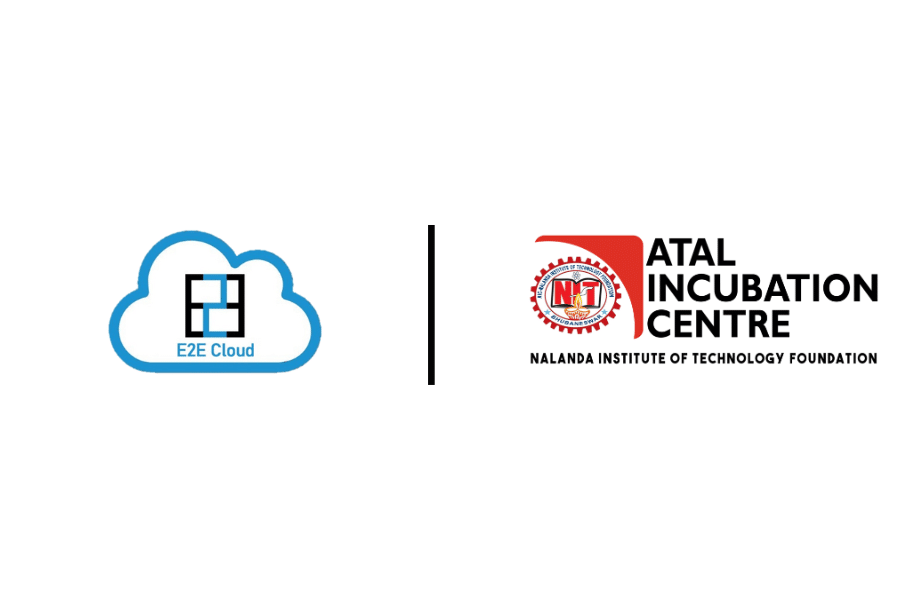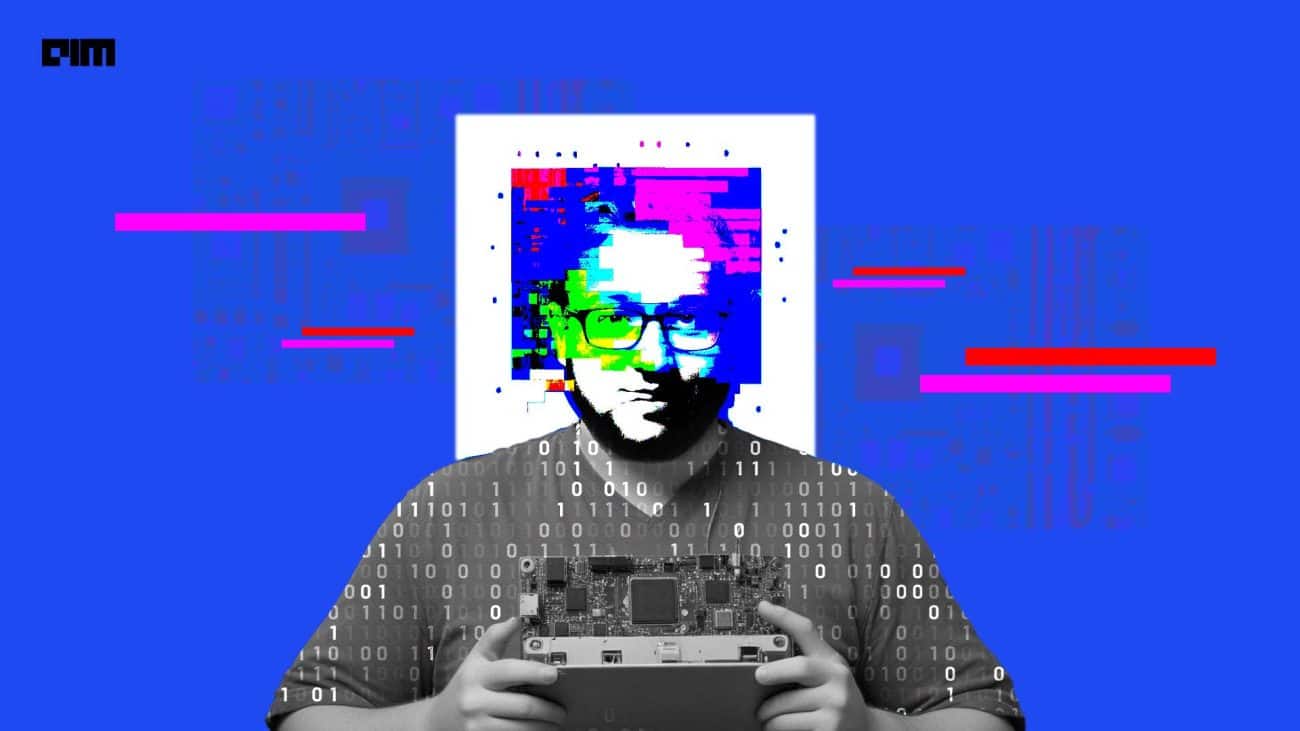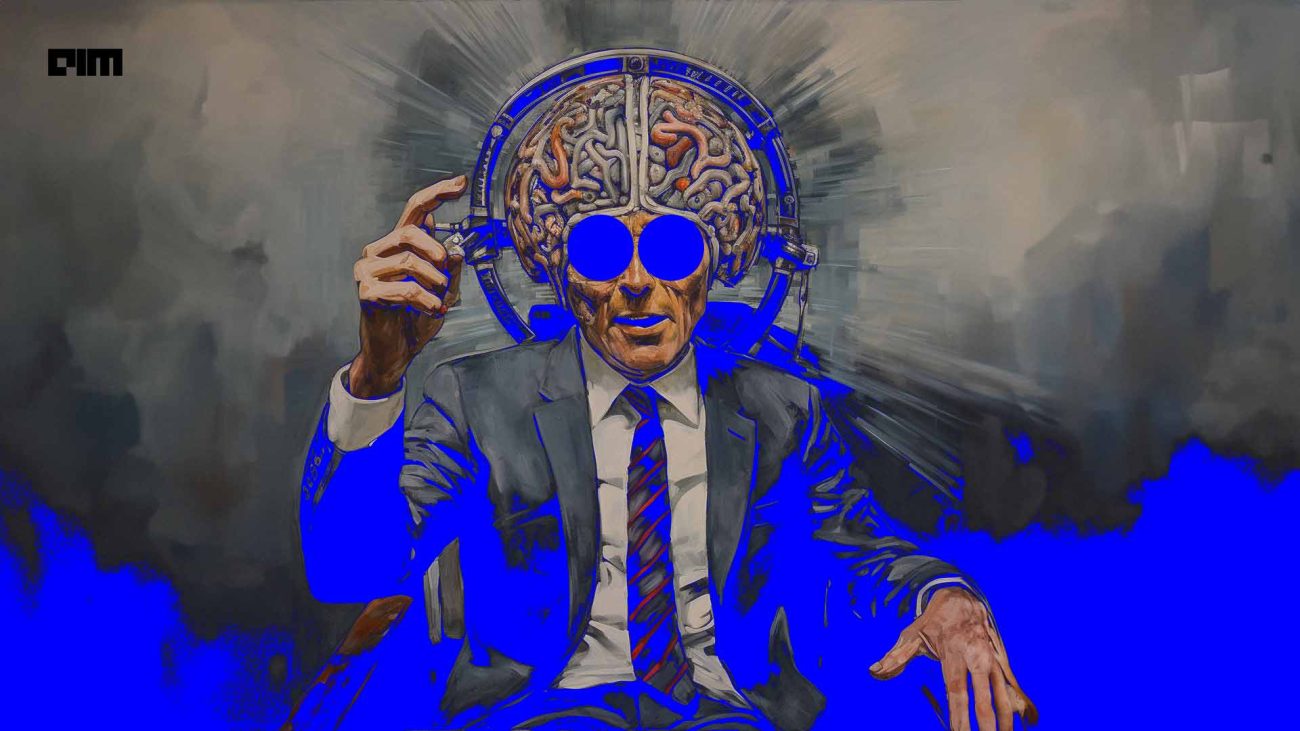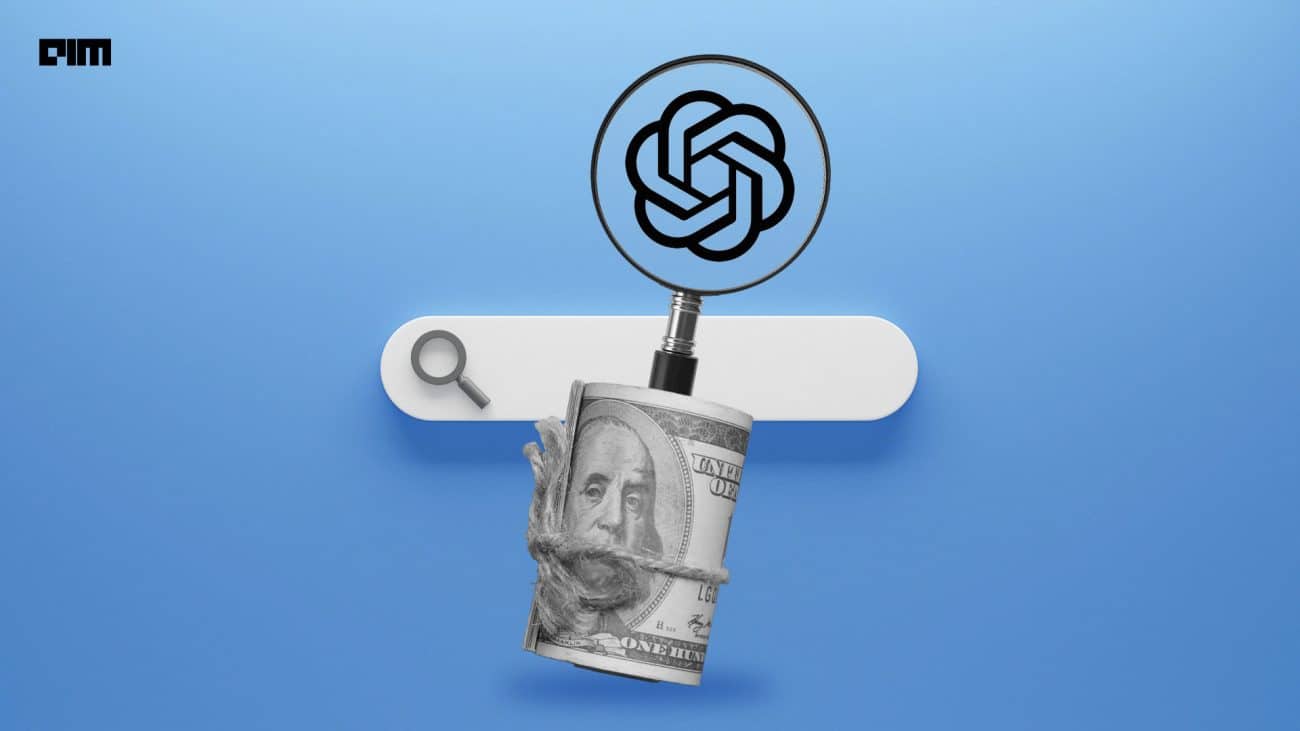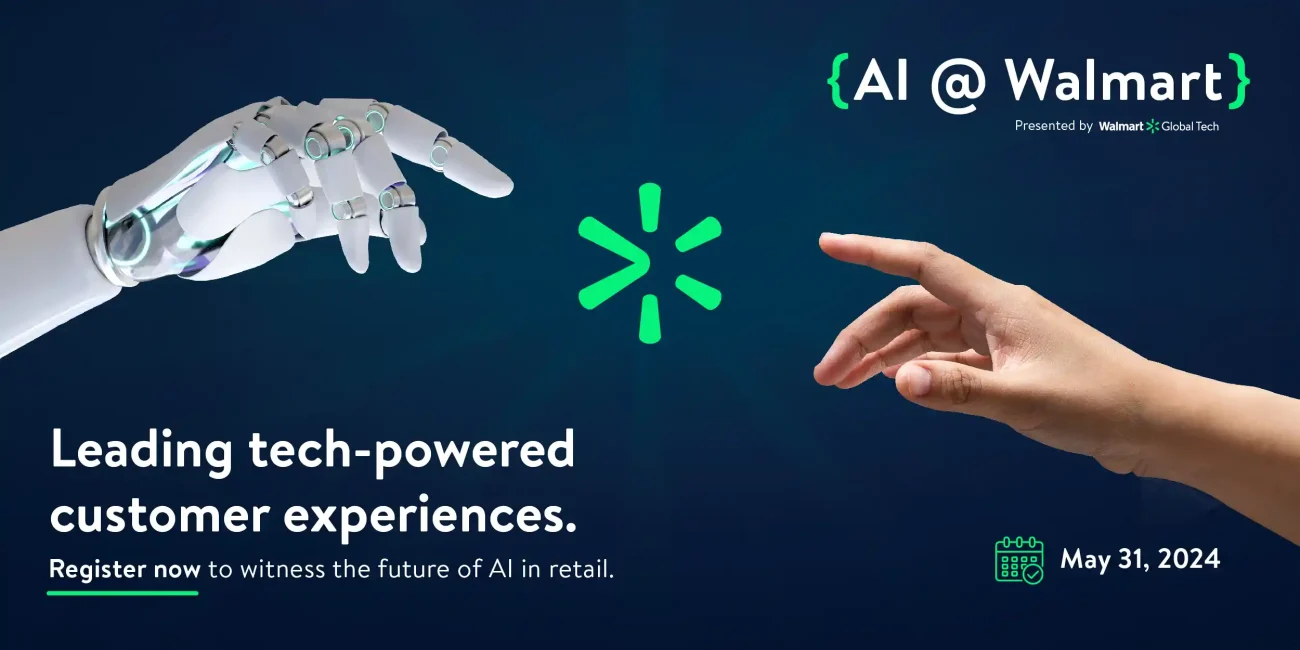At a time when enterprises are making rapid gains in developing artificial intelligence systems, AI platforms still remain increasingly centralised. Jesus Rodriguez of Invector Labs, who is also an angel investor and a promoter of blockchain platforms, says that emerging technologies like the internet of things are increasingly challenging this notion. Decentralised AI is at the intersection of AI and blockchain technologies and one of its key advantages is data privacy. During this time of changing laws, data which is critical to the businesses needs to be guarded well. In other words, a key feature of decentralised AI is enforcing the data privacy and security of the communications between the different parties.
In the decentralised method, the main difference lies in data handling. According to FluenceAI co-founder and CEO Evgeny Ponomarev, replicating and storing user data across an open and decentralised network than in individual applications reduces the barriers to entry for new players. It also creates a more vibrant and competitive ecosystem of products and services. FluenceAI is helping new application developers to resolve these privacy challenges and giving more control back to the users. This is where these startups are playing a big role in managing and monetising structured data.
Decentralised AI Platforms Are Built On The Pillars Of Data Privacy And Security
1) Billed as an alternative to traditional cloud providers, decentralised platforms offer developers an alternative to traditional cloud service providers. This ensures that there is no leakage of sensitive data or attack on security. These platforms are also offering user-friendly tools and resources to build and deploy their apps quickly and at scale. Decentralised app developers can use blockchain technology to build apps or tools for users. Developers can get access to the encrypted data through the console, APIs, UIs unique for each platform, or using drivers tailored to your needs.
2) Rodriguez also hinges the discussion on the privacy problem — can developers train a model without having to disclose the data or can all parties have access to the AI model to better understand its behaviour without having to trust a central authority? He also equates centralised AI to closed-source delivery model with large data-intensive software companies having a monopoly over data. A decentralised AI stack can resolve a lot of data privacy challenges faced today.
3) Decentralised AI model is the key to the new open source material. AI is dependent on other expensive resources such as data, AI talent and computing power. In that vein, decentralised AI is believed to make a strong impact by bringing down the costs substantially and lowering the barrier to entry.
4) Cryptography also plays a critical role in decentralised AI applications. There has been a rise in cryptography, which provides a solid foundation for safeguarding privacy in decentralised AI applications. For example, homomorphic encryption plays a huge role in producing encrypted results.
5) Federated learning was proposed by Google research labs and represents an alternative to centralised AI training in which a shared global model is trained under the coordination of a central server, from a federation of participating devices. In that model, the different devices can contribute to the training and knowledge of the model while keeping most of the data in the device. Soon, federated learning is foundational to decentralised AI platforms. Using federated learning, multiple participants in AI applications can independently train or optimise an AI model without having to trust each other or a centralised authority.
Conclusion
Some of the key players in decentralised AI market are most notably Singularity.net which has interfaces based on blockchain smart contracts which allow developers to join the network and interact with third-party applications or other agents. Other players are OpenMined which is positioned as a decentralised AI community and works with similar applications such as Sonar (federated learning server), Mine (individual data repositories) and Syft, a library comprising neural networks. Another platform, Ocean is also striving to provide a ubiquitous protocol for decentralised AI applications by enabling an ecosystem for sharing data and associated services such as data storage, algorithms and compute. Other recent additions are DML (Decentralised Machine Learning) and Algorithmia which ventured into the decentralised AI space with DanKu.







